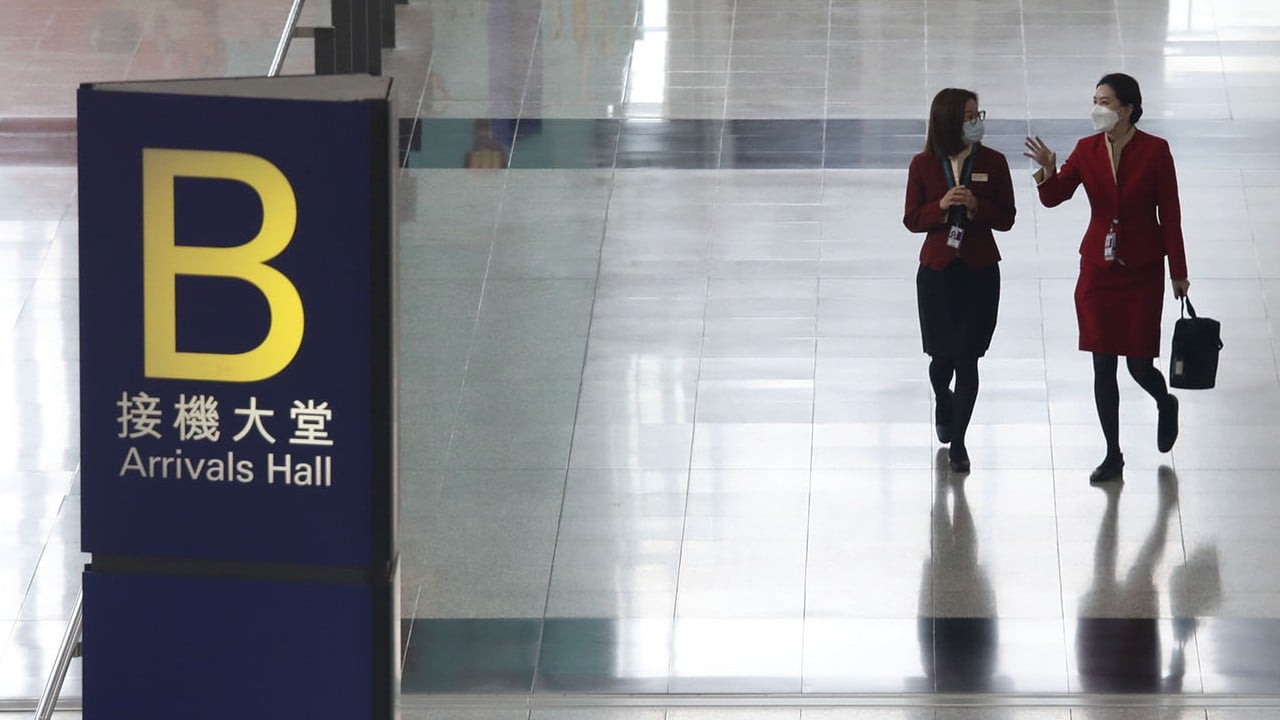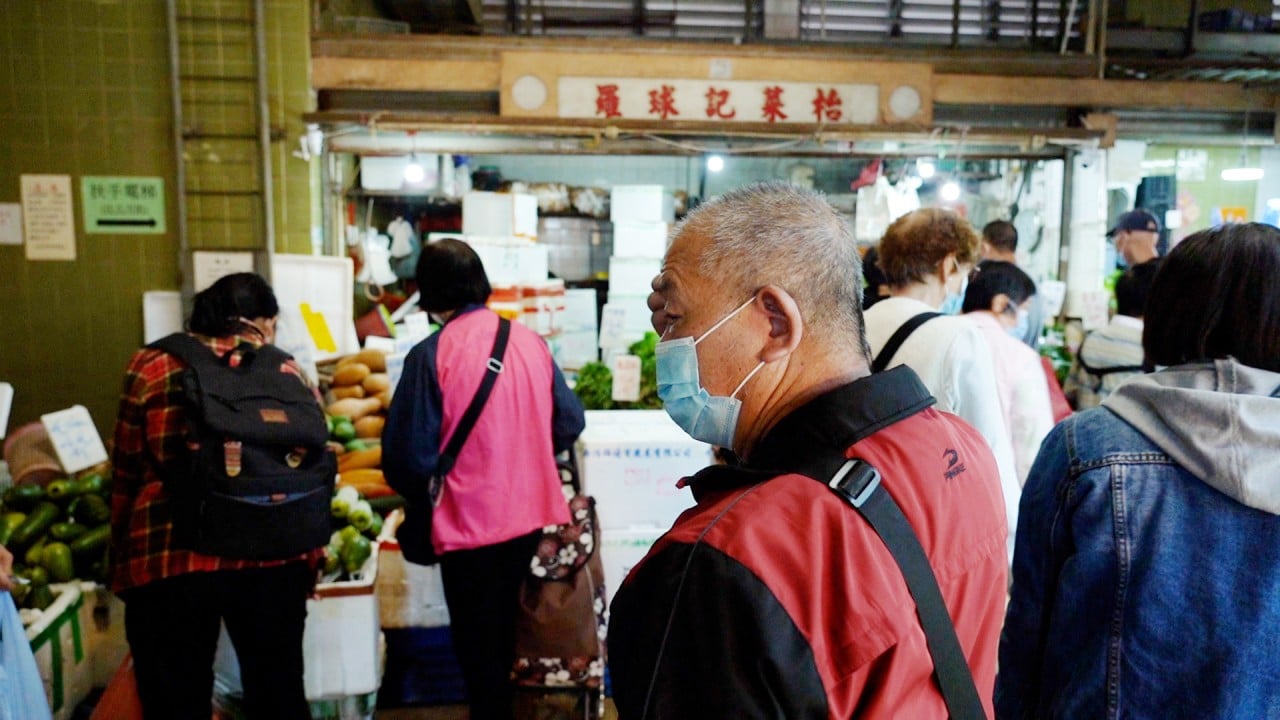
How to reverse Hong Kong’s brain drain: give more support to the arts, commerce and the vulnerable
- Local and overseas talent is crucial to the city’s prosperity; to keep them, the government must nurture new spaces in which both enterprise and culture can flourish
- Most importantly, it needs to end the bureaucratic inertia that has left many struggling to survive during the pandemic

First, a significant recalibration of the relationship between government and business is in order. For decades, Hong Kong has prospered by being an attractive and user-friendly base for multinational corporations and financial institutions.
The international business community remains pivotal to economic growth and to our global standing as a hub for human and financial capital – and, of course, as a bridge between China and the rest of the world, whether through renminbi internationalisation or fair arbitration and mediation over corporate law cases.
Second, we must recognise that what makes Hong Kong great is not only its economic and financial strengths, but also its cultural diversity. Anyone can be a Hongkonger.
I have friends from Britain, Israel, Cambodia and Venezuela who have all made the city their home. This cultural vibrancy has spawned creativity in art, music and beyond. It would be a real shame if the city were to slip into a homogeneous, reactionary mindset where those coming from elsewhere were no longer welcome.
Hong Kong’s cultural scene has been stifled by political polarisation. It’s high time that the government and private sector took the question of cultural vibrancy seriously and adopted a more egalitarian, empathetic and open-minded position towards the arts and culture showcased in the city.

Only then can we convince our young people that Hong Kong remains a place where their voices and views can be heard, respected and reflected in the city’s ethos and zeitgeist.
Third, and most importantly, both of the above point to an underlying problem that requires urgent redress.
Both the strengths and failures of Hong Kong’s system of governance have been laid bare for all to see by the events of the past few years. Our approach is heavily checked and balanced, steered by adherence to discipline and protocol. In “peacetime”, this model delivers; it allows us to consolidate our strengths and capitalise on our gains.
Serious reforms are needed to better help those who have suffered most during the pandemic, especially in the fifth wave. Many live in abject poverty and perennial silence, for their voices are not heard by those in charge. Without genuine changes to governance, there is little hope for them.
Some critics claim that democracy would serve as a panacea to all of Hong Kong’s governance problems. Yet, those who make this argument fail to consider the city’s distinctive political context: Hong Kong is part of China – and any improvements in governance must take this into account.
While the push for greater liberalisation and democratisation may be futile in the short-to-medium term, there remains much to be done in improving the competence and responsiveness of Hong Kong’s government. We cannot give up on making our home a better place for all – not just a select few.
Brian Wong is a DPhil in Politics candidate at Balliol College, Oxford, a Rhodes Scholar (Hong Kong 2020), and the founding editor-in-chief of the Oxford Political Review

.png?itok=bcjjKRme&v=1692256346)

